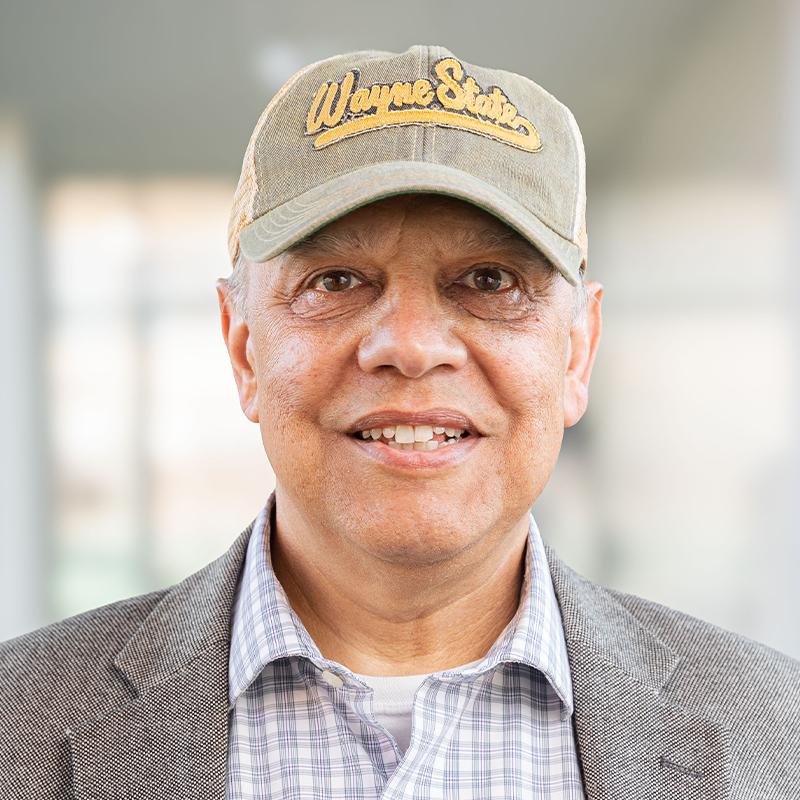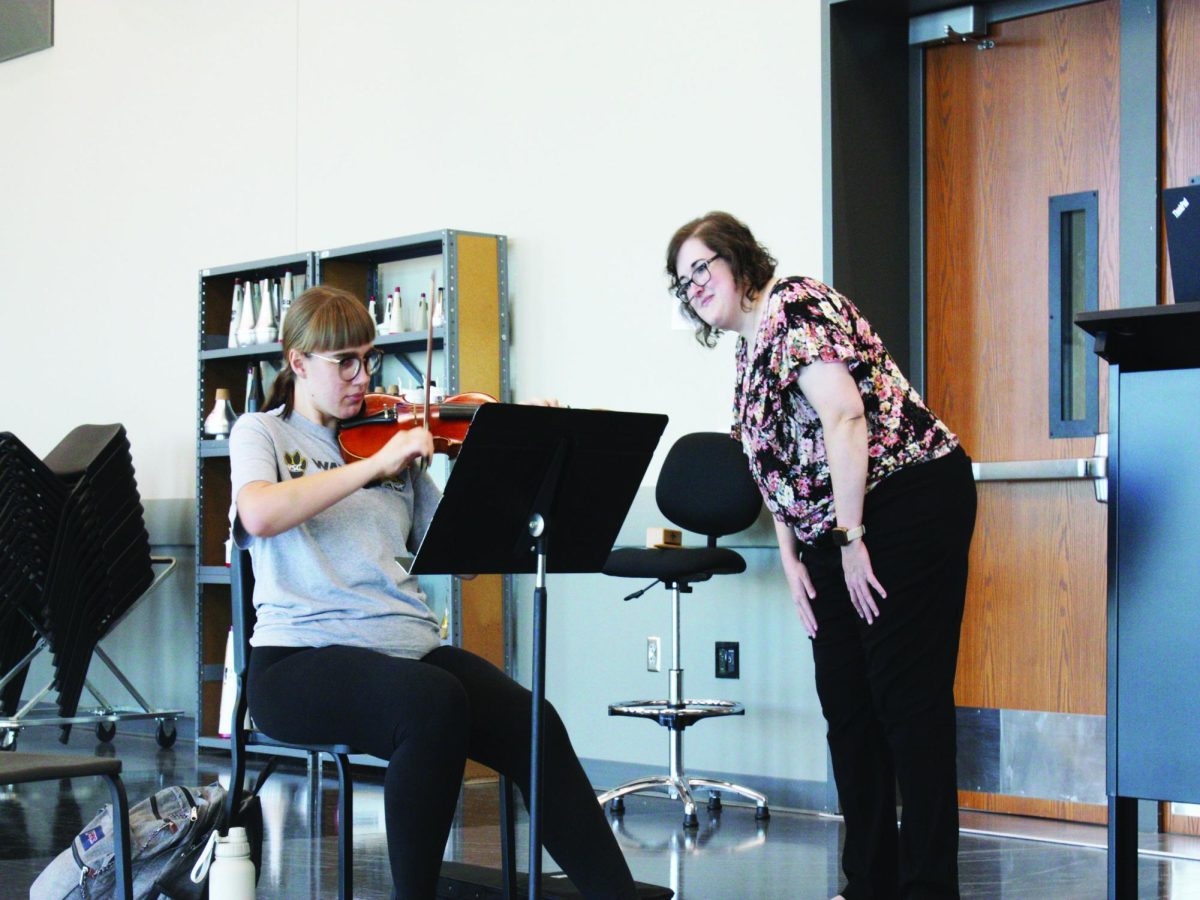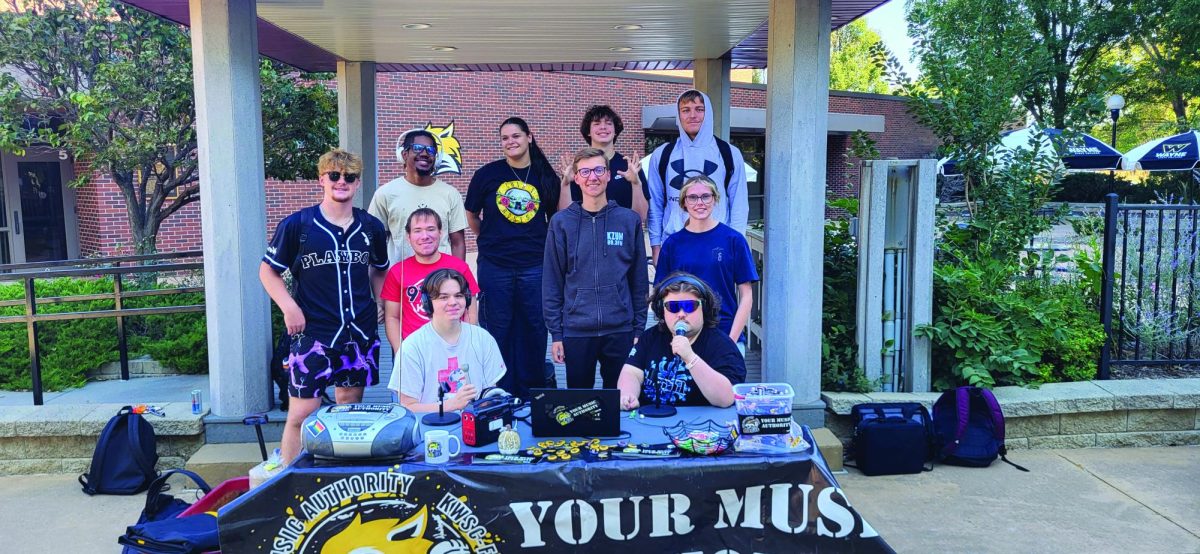Teachers are looking for failure
January 24, 2023
I don’t think it would be presumptuous of me to assume that almost everyone going to school has met a teacher who takes pride in failing students. There are several consequences to scholars finding satisfaction in teaching an obscurely difficult course though.
During my freshman year, I took a general education class that wiped me out. The homework was some of the most difficult reading I had ever had to accomplish, and the tests were almost unpassable. My teacher would preach constantly about how hard his class was and how several of the smartest students to walk into his room had failed despite their best efforts.
I have always been blessed with the ability to breeze through assignments without struggling too much; readings aren’t difficult, and I know how to take sufficient notes extensive enough to pass tests. This Gen Ed, however, was still too much for me. No matter how many days I studied or how many pages I filled with notes, I barely passed with a B- after failing for a few weeks. I had never felt so disappointed in myself over a grade and was nervous every time I had to walk to class.
Refusing to lighten up courseload or purposely leaving out required text needed to understand exams is an evil way to live out a teaching career. There is little accomplishment found when students have nothing positive to say and all you gain your entire life is tenure.
An article on the website Let Grow discusses how good teachers should expect and encourage failure from their students. Jeremy Knoll, the author of the article, explains mistakes are the steppingstones leading kids to success; he says students will shy away from trying and “regurgitate what their teacher has said.”
Knoll believes students will retain more information from encouraging pressure than being put down because presenting an authentically correct answer will be satisfying to the students.
“When students don’t perform perfectly and we let kids fail, in addition to praise for what they did well, they receive feedback about areas that need improvement,” Knoll said.
Telling students on their first day they should expect to fail without a slight possibility of bouncing back is the opposite of how teachers should introduce their material.
The American Enterprise Institute published an article written by Frederick M. Hess wondering whether college courses are too difficult for today’s students. He first mentioned the New York Times creating a debate after reporting a New York University professor had been fired when several students complained their organic chemistry class was too hard. NYU’s professor said there was only a handful of students who failed and those who did simply didn’t study enough.
AEI mentioned a survey conducted by intelligent.com that questioned 1,000 four-year college students about their classes; 87% thought one class was too difficult and the teacher should have helped more while 64% said that was the case with a few or most of their classes. Some might say, like the NYU professor, that these students should have also studied more to make the class easier. This may not be a solution though.
Hess brought up “Academically Adrift,” a book written by two sociologists in 2010. The authors found students spent “only about 12 to 14 hours a week studying, a decline of about 50% from a few decades earlier.” This evidence though, still leaves the question unanswered; are students becoming lazier or are college courses becoming more difficult?
No matter what your studying habits are, reach out for help if you are struggling in a class. Throwing away the money spent on a class is a lot scarier than speaking to a professor face-to-face. Don’t be too hard on yourself and simply try your best.
Like Knoll said, a good teacher is one who provides constructive criticism rather than persistent negativity. If a teacher is giving you a hard time, just remember that you’ll only be in their room for a few more weeks!








